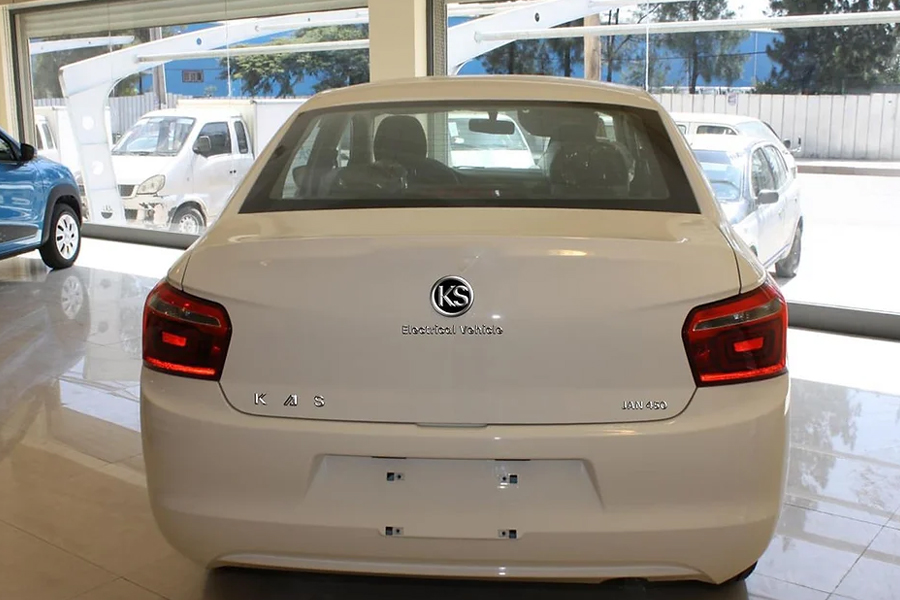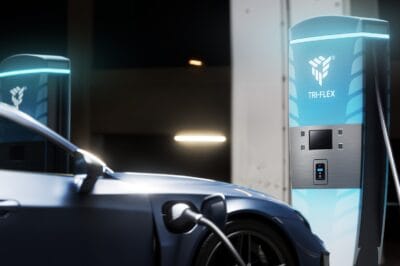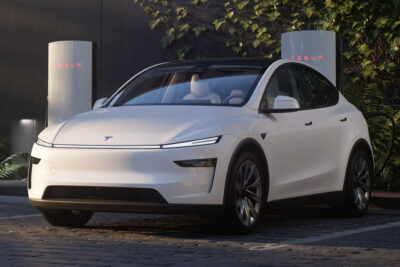Ethiopia exceeds import targets for electric vehicles
From initially planning to import 148,000 electric cars and 48,555 electric buses by 2030, the new target for 2030 is now 439,000 electric vehicles. What is not entirely clear is whether “electric vehicles” include both buses and cars. Either way, it’s a vast increase, owing to the unexpected demand for electric vehicles in Ethiopia.
The Ministry of Transport has created various tax incentives to accelerate the East African country’s transition to electric mobility with imports. According to the Minister of State for Transport and Logistics, Bareo Hassen, these include allowing electric vehicle parts to be imported into the country duty-free. Partially assembled electric vehicles that are finally assembled in Ethiopia are subject to a five per cent import tax, and fully assembled electric vehicles are subject to 15 per cent.
Although the import duties for combustion engines are not specified, Hassen only states that the new electric car rates are “significantly lower compared to the tax on petrol-powered vehicles”. The low tariffs are not only intended to boost the uptake of electric vehicles in the country, but also to encourage the private sector to invest in the import and final assembly of electric vehicles.
The Ethiopian government also plans to install a total of 2,226 charging stations across the country, 1,176 of which will be in the capital Addis Ababa. In January 2024, Ethiopia’s Transport Minister Alemu Sime announced that in future, “A decision has been made that automobiles cannot enter Ethiopia unless they are electric ones.” However, he did not specify when the import ban on combustion engines would apply.
The move away from fossil fuels in transport has been accelerated by the fact that Ethiopia has to import fossil fuels and is unable to do so due to limited foreign currency reserves. According to the Ministry of Transport, more than half of Ethiopia’s fuel imports in 2023 were used in transport and logistics.
Electric vehicles can be powered by homegrown energy due to the country’s abundant hydropower resources. Most vehicles driven in Ethiopia are second-hand with higher pollution levels than newer models. The resulting pollution levels are an additional factor in the Ethiopian transition to electric vehicles.





4 Comments